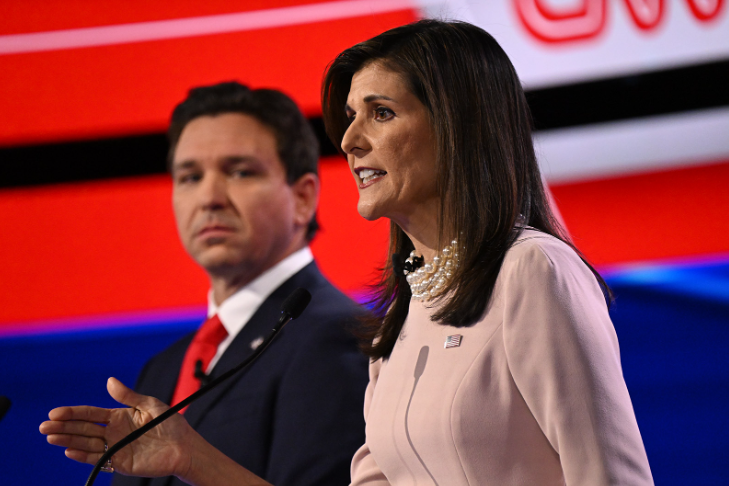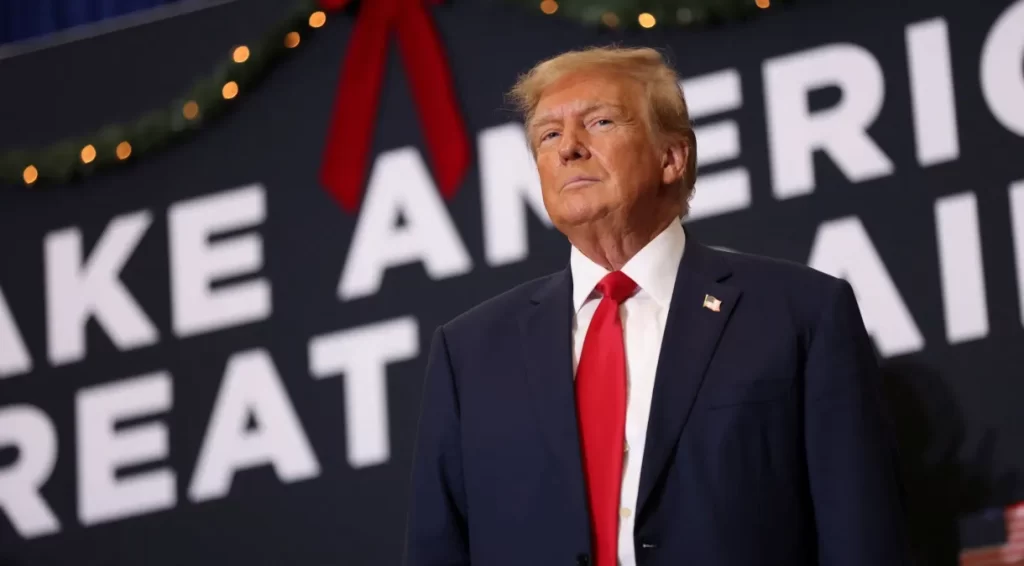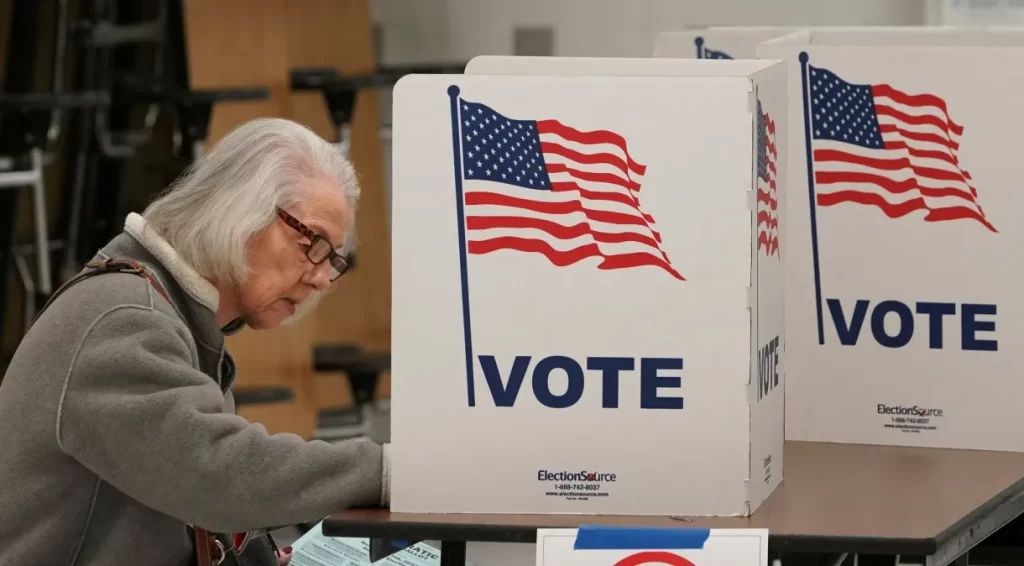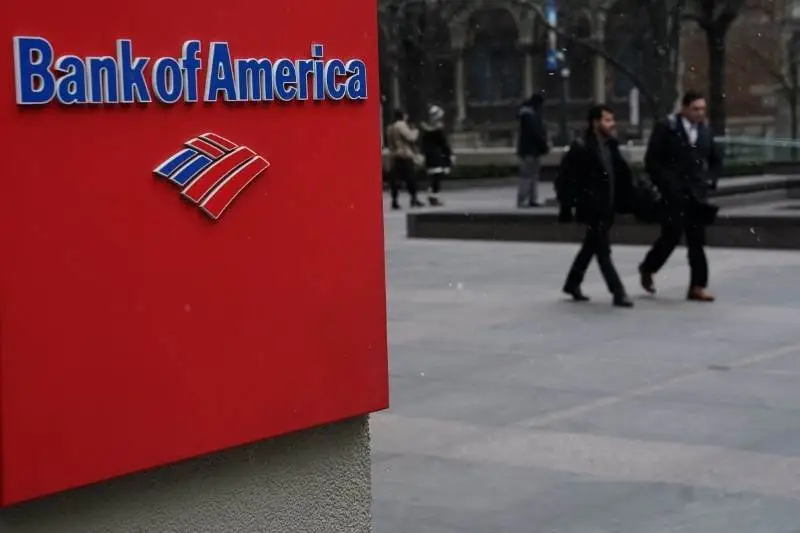The Republican primaries in New Hampshire are reaching a climax, and the latest polls reveal a fierce competition among the candidates. Former President Donald Trump continues to lead, holding 50% support among likely Republican voters, while his closest competitor, former Governor Nikki Haley, has gained ground, reaching 39%.
Since the last CNN/UNH poll in early January, both candidates have experienced an increase in support, further solidifying their positions. Trump, who previously held 39%, now maintains the highest level of support since 2021. Despite significant gains by Haley since last summer, the gap between them remains in double digits.
Florida Governor Ron DeSantis recently announced his withdrawal from the presidential race, expressing support for the former president. DeSantis garnered only 6% in the polls, falling below the minimum 10% threshold needed to win delegates according to Republican Party rules.
New Hampshire, historically a state where Trump lacks majority support, has been a hopeful target for opponents of the former president. However, recent surveys suggest that Trump’s popularity within the Republican base continues to outweigh the appeal of his competitors.
Haley has secured crucial segments of the electorate, holding 58% support among those registered as “undeclared” and 71% among ideologically moderate voters. Even leading among voters with a college degree (50% Haley to 38% Trump), these groups represent a minority among likely Republican voters.
Trump, in turn, has broadly consolidated his support across different segments, winning 67% of registered Republicans, 71% of conservatives, and 55% of voters without a college degree. Trump’s decisive support is evident, with 88% of his backers stating they have definitively decided, compared to 74% of Haley’s supporters.
With just a few days left until the primaries, about 20% of likely Republican voters have yet to decide, with Haley being the preferred choice for 51% of this group.
The overall perspective among Republican primary voters is that Trump will emerge victorious on Tuesday, with 70% believing in his win. However, only 36% of Haley’s supporters share this view.
Furthermore, Trump maintains a significant advantage in terms of favorability compared to Haley and DeSantis. Sixty percent of likely Republican voters express enthusiasm or satisfaction with Trump’s potential nomination, compared to 54% for Haley and DeSantis.

The survey also examined perceptions of Trump’s achievements during his term, with 70% of Republican voters believing he did more to help than harm the country.
Looking ahead, the majority of Republican voters see Trump as capable of fulfilling four of the six highlighted promises: building the wall (71%), ending the war between Ukraine and Russia (59%), reimposing the travel ban (56%), and appointing a prosecutor to investigate the Biden family (53%).
However, fewer voters are confident in Trump’s promises to dismantle the “Deep State” (39%) and repeal and replace Obamacare (34%).
As the primaries approach, attention is focused on whether Haley can surpass Trump’s consolidated lead or if the former president will continue his path toward the third consecutive presidential nomination for the Republican Party.



